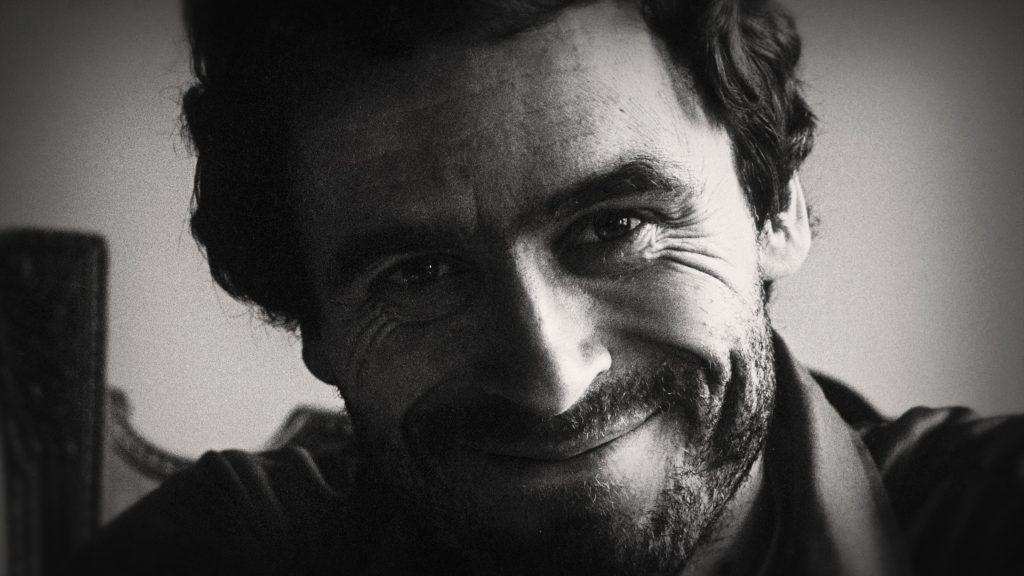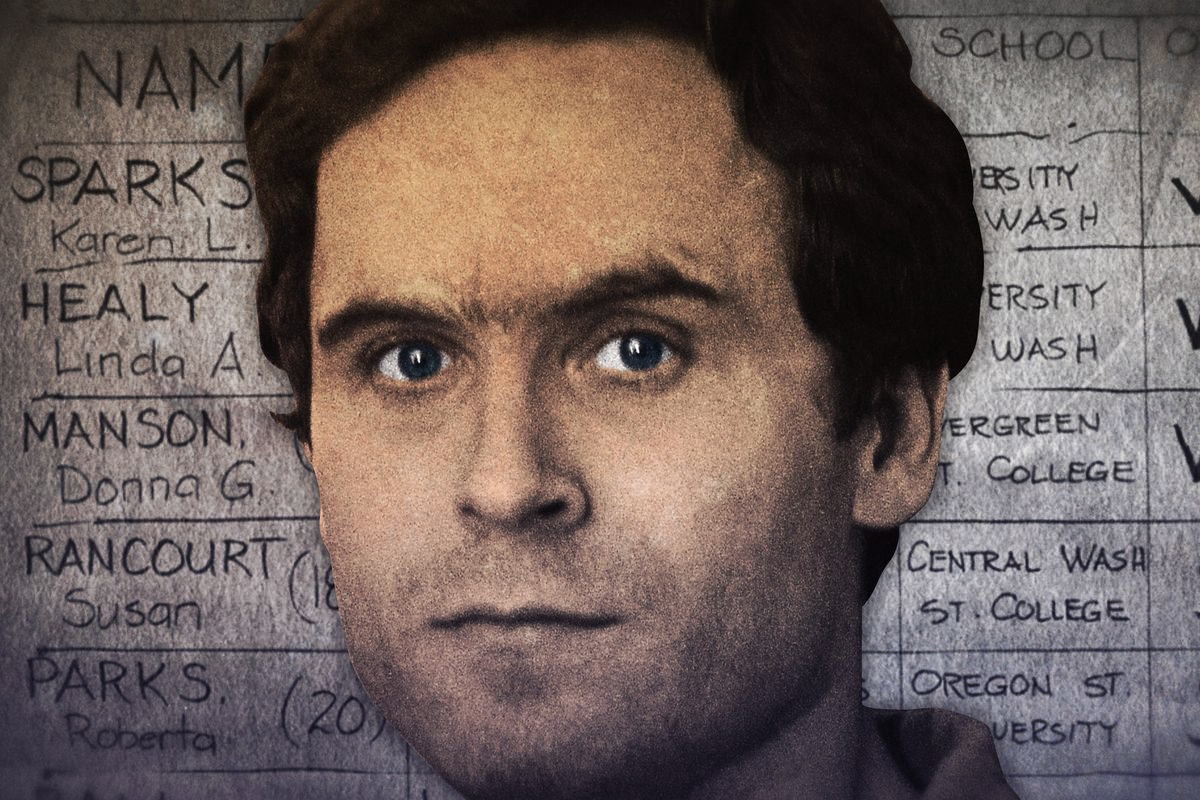It doesn’t take long for Ted Bundy to make you feel uneasy. Charming, handsome and intelligent, he speaks with an air of comfort and ease that almost makes you forget he is a serial killer.
Can You Truly Know How a Killer’s Mind Works?

Diagnosed with manic-depressive disorder, Ted Bundy is an acute narcissist who enjoyed the attention his arrest and subsequent series of trials brought to himself. There’s a disturbing scene in the third episode of the documentary series where he asks one of the policemen to go over a crime scene in excruciating detail.
Conversations with a Killer: the Ted Bundy Tapes is a decent introduction to the infamous serial killer’s story. He operated in an era that was still unfamiliar with serial killers, and the manhunt to catch him would go on to pioneer developments in crime investigation that are still important to this day.
The tapes were recorded by rookie journalist Stephen Michaud and seasoned reporter Hugh Aynesworth in 1980, when Bundy was on death row. He was initially unresponsive in his conversations with the pair, until Michaud encouraged Bundy to talk about himself in the third person, as though he were an expert witness.
Bundy was careful not to reveal anything that would indicate he was making an admission of guilt, and the closest he got to revealing how his mind worked was when he talked about how such an individual is motivated by a need for fulfilment, hoping that the next murder would fulfill that need.
What Works (and Doesn’t Work)

One of the strong points of the series is it’s use of authentic footage and photos from the seventies and eighties, which stretch from the victims and their parents, the police investigating Bundy’s case to Bundy himself as he goes through trials, several escape attempts and lastly, walks to his death via electrocution.
What is chilling about Bundy is that there is a void inside him that nonetheless lures his victims to a false sense of security.
He married one of his closest friends, Carol Ann Boone, after proposing to her during a trial, and sired a daughter, Rosa, with her when he was on death row.

However, the documentary doesn’t spend as much time on his victims as it could have, which is a pity because they remain mostly faceless. Two days before his execution in 1989, Bundy confessed to murdering thirty women, but it’s likely that his actual kill count was much higher.
The director, Joe Berlinger, is intimately familiar with the true crime genre, and has also directed the upcoming film on Bundy, Extremely Wicked, Shockingly Evil which features Zac Effron as Ted Bundy.
While what Bundy did to his victims is undoubtedly vile- he often decapitated his victims and had sex with their corpses- the interest in him that continues to endure is partly because of his own catering to his narcissism, and partly because of our perverse interest in evil.
There is also the fact that murderers like Ted Bundy, and the fictional Joe Goldberg from You, are fetishized and even pined after in some cases. Elizabeth Yardley, Director of the Centre for Applied Criminology at Birmingham City University, talked in an interview with Real Crime how documentaries and other media portray killers as captivating individuals.
“Serial killers get others on side and take charge of a situation with a mix of compliments and common sense,” she explained. “They tend to have a very good grasp of other people’s emotions and are quick to pick up on any vulnerability or weakness in order to convince them into doing things they normally wouldn’t.”
The Verdict

As it stands, Conversations with a Killer: the Ted Bundy Tapes feels slightly incomplete, an exploration that is fascinated and intimidated by Bundy but does little to demystify his actions and motivations. The documentary suggests that he is unknowable, in the way most of us are. If you want to know more about him, further reading (and viewing) is in order.







